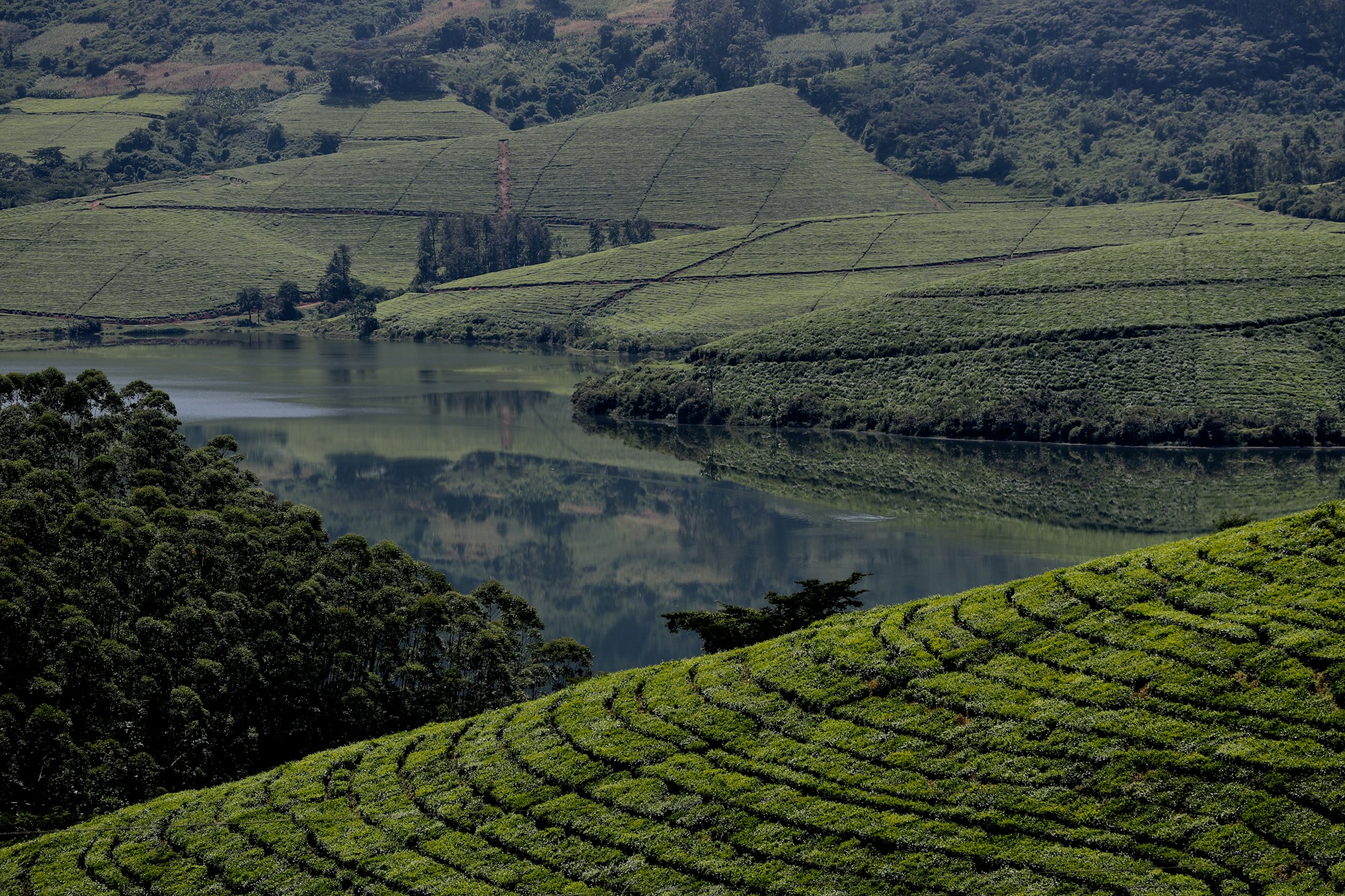Cultural Insights: Exploring Zimbabwean Traditions

Exploring Zimbabwe: A Travel Guide
Introduction
Welcome to Zimbabwe, a landlocked country located in southern Africa. Known for its abundant wildlife, beautiful landscapes, and rich cultural heritage, Zimbabwe offers a unique travel experience for all. In this travel guide, we will delve into the cultural insights and traditions of Zimbabwe, providing you with valuable information to enhance your visit.
Overview
Zimbabwe is a country with diverse ethnic groups, each contributing to the cultural tapestry of the nation. The two main ethnic groups are the Shona and the Ndebele. Shona people are the majority and are spread across the country, while the Ndebele people primarily reside in the southwestern region. These ethnic groups have distinct languages, customs, and traditions that make Zimbabwe a fascinating destination to explore.
Traditional Attire
When visiting Zimbabwe, you will notice the vibrant and colorful traditional attire worn by its people. The Shona people often wear garments made of bright-colored fabrics adorned with intricate patterns. Women typically wear wraparound skirts called "mutanda" or "nhembe," while men may wear loose-fitting shirts called "hule" or "gandazi." The Ndebele people are known for their beadwork and distinctive headdresses, which are a significant part of their cultural identity.
Traditional Cuisine
One cannot fully experience Zimbabwe without indulging in its traditional cuisine. The country offers a variety of dishes that give insight into the local culture. Sample the staple food, "sadza," a thick porridge made from maize meal, often served with relishes such as "nyama" (meat) or "muboora" (pumpkin leaves). Other must-try dishes include "chimodho" (fried maize snacks) and "matemba" (dried kapenta fish). Don't forget to try the popular local brew, "chibuku," made from fermented maize or sorghum.
Music and Dance
Music and dance play a significant role in Zimbabwean culture. Traditional music is characterized by the use of various instruments such as drums, mbiras (thumb pianos), and hosho (shakers). The energetic and rhythmic dances, such as the "mbakumba" and "muchongoyo," are often performed during festive occasions and celebrations. Many cultural events and festivals in Zimbabwe showcase the country's vibrant music and dance traditions, providing tourists with a memorable experience.
Arts and Crafts
Zimbabwean arts and crafts are renowned for their craftsmanship and unique designs. The Shona people are particularly known for their stone sculptures, which often depict human and animal forms. These sculptures can be found in various sizes, from small intricate pieces to larger statues. Ndebele crafts, on the other hand, include beaded jewelry, decorative baskets, and intricately painted pottery. Visiting local craft markets and galleries gives you the opportunity to appreciate and acquire these beautiful works of art.
Traditional Festivals
Zimbabwe celebrates a range of traditional festivals throughout the year, providing visitors with a chance to witness the country's cultural heritage firsthand. One notable festival is the "Harare International Festival of the Arts" (HIFA), held annually in Harare. HIFA showcases a diverse range of artistic performances, including music, dance, theater, and visual arts, attracting artists and audiences from around the world. The "Bulawayo Arts Festival" is another popular event that highlights the vibrant cultural scene in Zimbabwe.
Recommended Destinations
- Victoria Falls: Marvel at the awe-inspiring beauty and power of the iconic Victoria Falls, one of the seven natural wonders of the world.
- Hwange National Park: Embark on a thrilling safari adventure and witness the incredible diversity of wildlife, including elephants, lions, and zebras.
- Great Zimbabwe: Explore the ancient ruins of Great Zimbabwe, a UNESCO World Heritage Site, and unravel the mysteries of this historical monument.
- Matobo National Park: Discover the breathtaking rock formations and ancient cave paintings in Matobo National Park, home to a large population of rhinos.
- Great Zimbabwe: Immerse yourself in the vibrant city life of Harare, the capital of Zimbabwe, and experience its bustling markets, museums, and galleries.
Conclusion
Zimbabwe is a country that offers a treasure trove of cultural insights and traditions for travelers to explore. From the vibrant traditional attire to the lively music and dance, Zimbabwe presents a rich tapestry of cultural experiences. Whether you are captivated by the ancient ruins, mesmerized by the breathtaking landscapes, or fascinated by the local arts and crafts, Zimbabwe is sure to leave a lasting impression on your travel memories.
